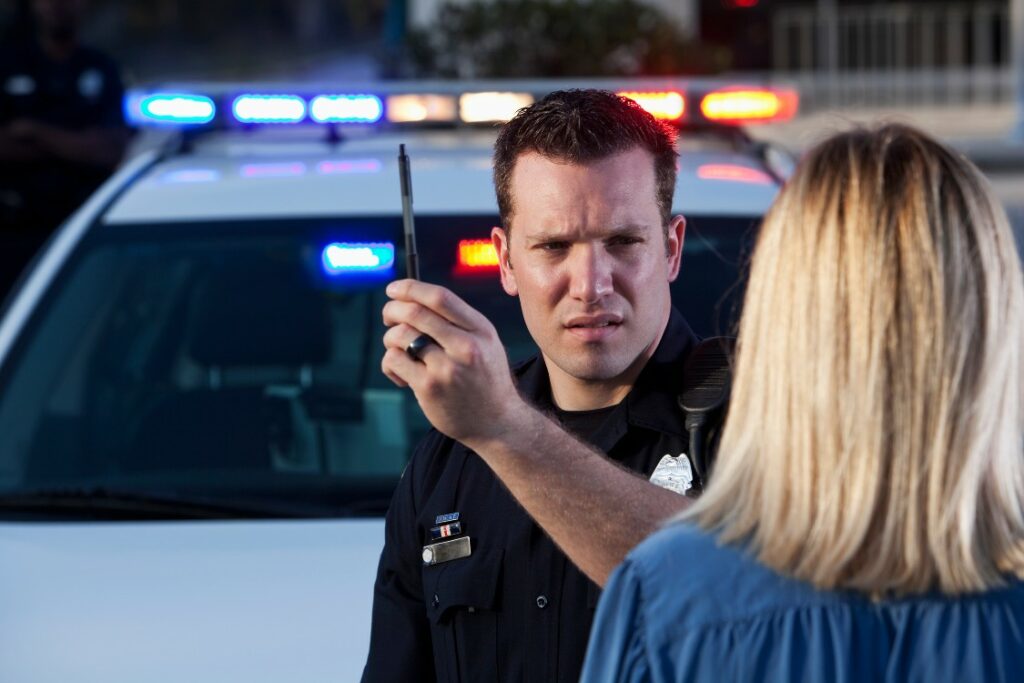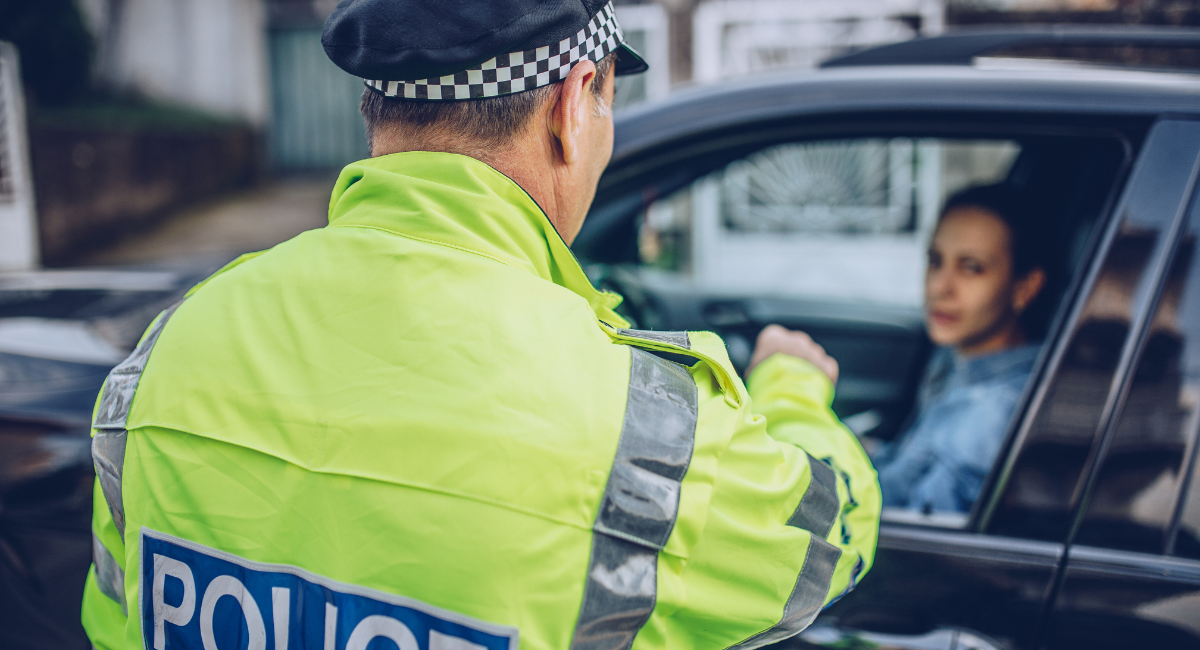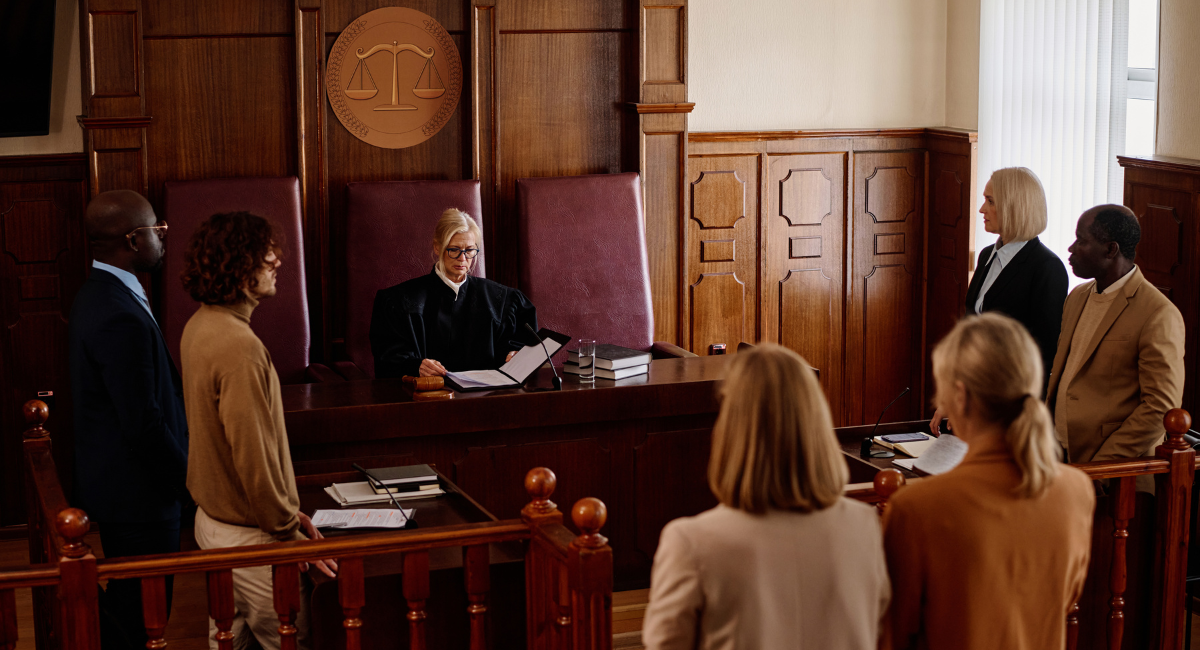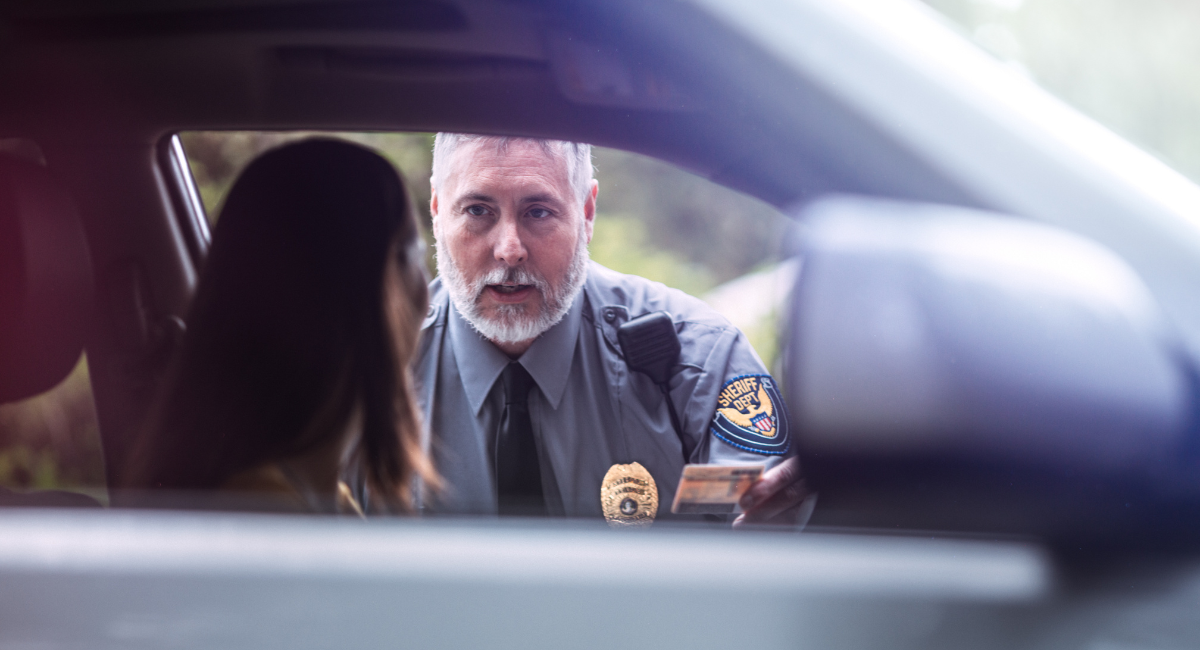Field sobriety tests play a significant role in New Jersey DUI stops. While useful in building probable cause for an arrest, they are not infallible. Understanding your rights and the details of these tests can be valuable if you face a DUI charge.
Key Points to Remember
- Voluntary but Potentially Damaging: FSTs in NJ are NOT mandatory under implied consent laws. However, refusing could invite other consequences. If you do take them, poor performance can be used against you.
- No Perfect Test: FSTs are subjective, affected by factors like age, health conditions, nerves, or the testing environment.
- The Officer’s Observation: The officer isn’t just scoring the test. They’re watching your overall behavior, speech, and odor – all potential evidence.
Understanding the Standard FST Battery
While other tests exist, the following three are most frequently used by law enforcement due to their endorsement by the National Highway Traffic Safety Administration (NHTSA):
- Horizontal Gaze Nystagmus (HGN):
- How It Works: The officer moves a pen or stimulus laterally in front of your face as you follow with your eyes only. They look for:
- Smooth pursuit: Can your eyes smoothly follow the object?
- Distinct Nystagmus at maximum deviation: How pronounced is the jerking as your eyes reach their furthest point?
- Onset of Nystagmus before 45 degrees: Jerking before this angle is a stronger indicator of intoxication.
- Limitations: Natural nystagmus exists, and it can be exacerbated by fatigue, medical conditions, medications, and certain eye disorders.
- How It Works: The officer moves a pen or stimulus laterally in front of your face as you follow with your eyes only. They look for:
- Walk-and-Turn (WAT):
- How It Works: You are instructed to:
- Take nine heel-to-toe steps in a straight line
- Turn on one foot in a specific manner
- Return in the same heel-to-toe fashion
- What Officers Watch For:
- Inability to balance during instructions
- Starting the test before instructions are finished
- Using arms for balance
- Struggling with the turn or taking an incorrect number of steps
- Stopping to regain balance
- Limitations: Coordination issues, injuries, surface conditions (uneven pavement) and even footwear can impact performance.
- How It Works: You are instructed to:
- One-Leg Stand (OLS):
- How It Works: Foot raised about six inches off the ground, arms at sides, you count aloud (“one thousand-one, one thousand-two…”) for 30 seconds.
- What Officers Watch For:
- Swaying or significant balance issues
- Using arms to balance
- Hopping
- Putting the foot down before the time is up
- Limitations: Physical limitations, inner ear problems, or simply being nervous can affect this test.
Important Considerations
- Officer Training: FSTs must be administered per NHTSA standards. Deviations can be challenged in court.
- No Single Perfect Test: An individual could ‘fail’ one test but ‘pass’ others. It’s the totality of evidence the police use when deciding to make an arrest.
How Police Use FST Evidence
- Building Probable Cause: FSTs alone rarely prove you’re over the legal limit. It’s about demonstrating probable cause for arrest and further testing (breathalyzer, blood test).
- Strengthening Their Case: The more tests you fail, the more ‘indicators’ the officer has. This strengthens their case, even if your BAC is later borderline.
- Challenging the Results in Court: An experienced DUI attorney can challenge FST validity based on improper administration, health factors, your testimony, etc.
What to Do if You’re Stopped
- Be Polite But Careful: Exercise your right to remain silent beyond basic information. Refusing FSTs could lead to suspicion, but it’s a choice you have.
- Contact an Attorney: The sooner you have a DUI lawyer, the better. They’ll analyze the stop and the FST evidence to build your defense.
Important Notes
- Medical conditions or disabilities can affect FSTs. Inform the officer beforehand.
- NJ police MAY arrest you even if you refuse FSTs, based on other observations.
Remember: Be Aware, Know Your Rights, and Seek Legal Help if Charged with a DUI.










